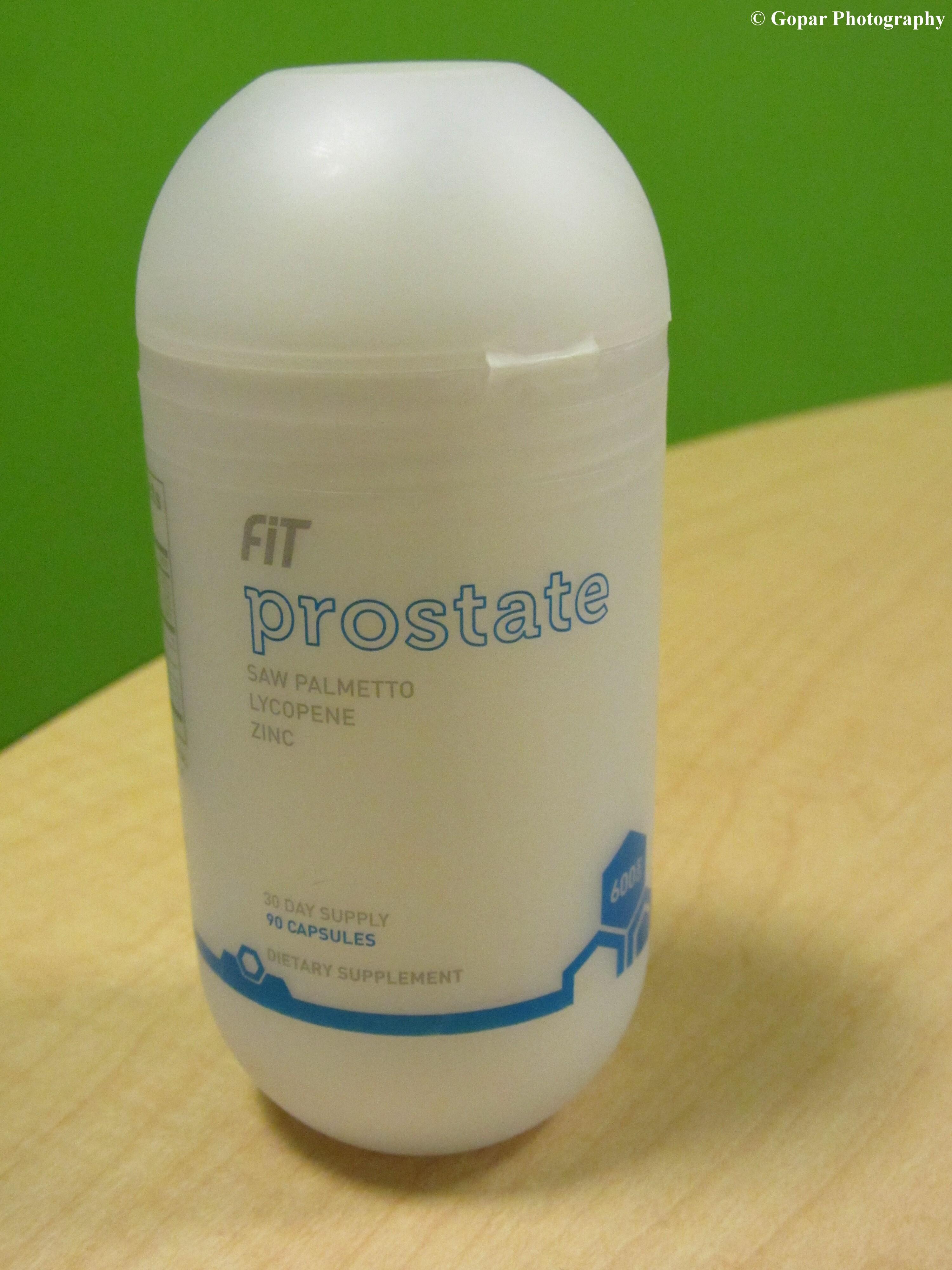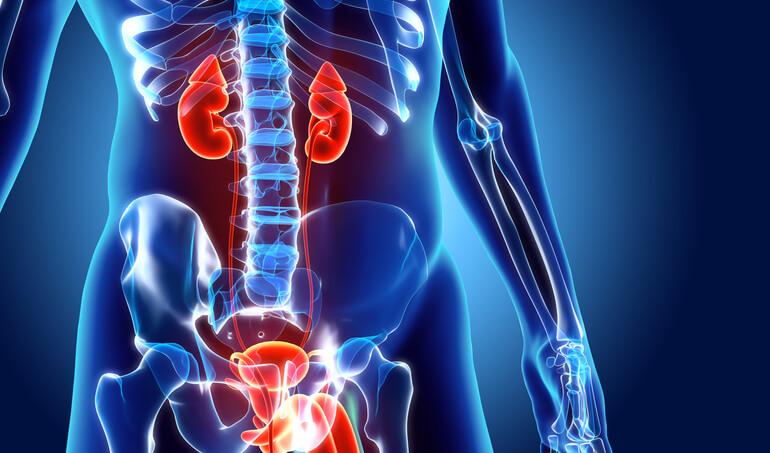In the intricate tapestry of human health, few topics weave as complex a pattern as the interplay between diet and genetics. This complexity is particularly evident when examining prostate health, a crucial aspect of men’s well-being that often lurks in the shadows of public discourse. As science strides forward, unraveling the genetic codes that dictate our biological destinies, it simultaneously shines a light on the potent influence of our dietary choices. This article embarks on an exploratory journey, navigating the nuanced corridors of research and expert opinions to discern whether the destiny of prostate health is more firmly anchored in our genetic makeup or the food we consume. By examining the latest findings and considering perspectives from both realms, we aim to illuminate the path toward a clearer understanding of what truly governs the health of the prostate.
Unlocking the Genetic Code of Prostate Health
The intricate dance between genetics and lifestyle choices is a fascinating one, especially when it comes to the well-being of the prostate. Scientists are continuously exploring the genetic markers that may predispose individuals to prostate issues, providing a glimpse into how our DNA shapes our health. Yet, the narrative doesn’t end with genetics alone. Dietary habits have emerged as a powerful player in this arena, influencing not just our overall health but specifically targeting prostate function. The question remains: can the right food choices tip the scales in favor of better prostate health?
Consider the following factors:
- Genetic predispositions: Family history and specific genetic markers can significantly impact one’s risk of prostate conditions.
- Nutritional influences: Diets rich in fruits, vegetables, and omega-3 fatty acids are linked to reduced prostate risks.
- Lifestyle choices: Physical activity and weight management also play crucial roles in maintaining prostate health.
While genetics may lay the groundwork, it’s the lifestyle choices, particularly diet, that hold the potential to modify the script written in our genes. The interplay between these factors is not just a topic of scientific inquiry but a roadmap for those seeking to optimize their prostate health.
Nutritional Pathways to a Healthy Prostate
Understanding the role of nutrition in maintaining prostate health can provide valuable insights into preventive care. Incorporating a diet rich in essential nutrients can play a significant role in supporting prostate function. Key elements include:
- Lycopene: Found in tomatoes and other red fruits, lycopene has been linked to lower risks of prostate issues.
- Omega-3 Fatty Acids: Present in fish like salmon, these fats may help reduce inflammation.
- Cruciferous Vegetables: Vegetables such as broccoli and kale are known for their protective effects against cancerous cells.
- Zinc: This mineral, abundant in pumpkin seeds, is crucial for maintaining prostate health.
While genetics undeniably play a role in prostate health, focusing on dietary choices can provide a proactive approach to reducing risks. Balancing both genetic predispositions and nutritional pathways creates a comprehensive strategy for maintaining a healthy prostate.

Balancing Diet and DNA in Prostate Care
When it comes to prostate health, both diet and genetics play pivotal roles, yet they interact in a complex dance that is still being unraveled by scientists. On one hand, genetic predisposition can set the stage for how your body responds to various factors, potentially influencing your risk of developing prostate issues. For instance, certain inherited genetic markers can predispose individuals to higher risks, making regular screenings and genetic counseling advisable for those with a family history.
On the other hand, dietary choices can significantly modulate these genetic risks. A diet rich in antioxidants, omega-3 fatty acids, and low in processed foods can act as a formidable ally in maintaining prostate health. Key dietary recommendations include:
- Incorporating plenty of fruits and vegetables, particularly those high in lycopene such as tomatoes.
- Choosing healthy fats like those found in nuts, seeds, and fish.
- Limiting red meat and dairy intake, which may contribute to higher risks.
Ultimately, the interplay between diet and DNA underscores the importance of a personalized approach to prostate care, where understanding your genetic makeup can inform dietary adjustments for optimal health outcomes.

Personalized Strategies for Prostate Well-being
When it comes to nurturing prostate health, a personalized approach can make a significant difference. While both diet and genetics play critical roles, understanding how they interact can lead to more effective strategies tailored to individual needs. Diet provides a versatile toolset for influencing prostate health. Incorporating foods rich in antioxidants, such as berries and leafy greens, can help combat oxidative stress. Healthy fats from sources like fish and nuts support cellular function, while reducing red meat and processed foods may lower the risk of prostate issues.
On the other hand, genetic factors can predispose individuals to certain prostate conditions, but they don’t seal one’s fate. Knowing your family history and discussing genetic testing with healthcare providers can offer insights into potential risks. Armed with this knowledge, you can make informed lifestyle adjustments that work in harmony with your genetic makeup. The key lies in crafting a strategy that respects both dietary influences and genetic predispositions, creating a balanced pathway to optimal prostate health.








